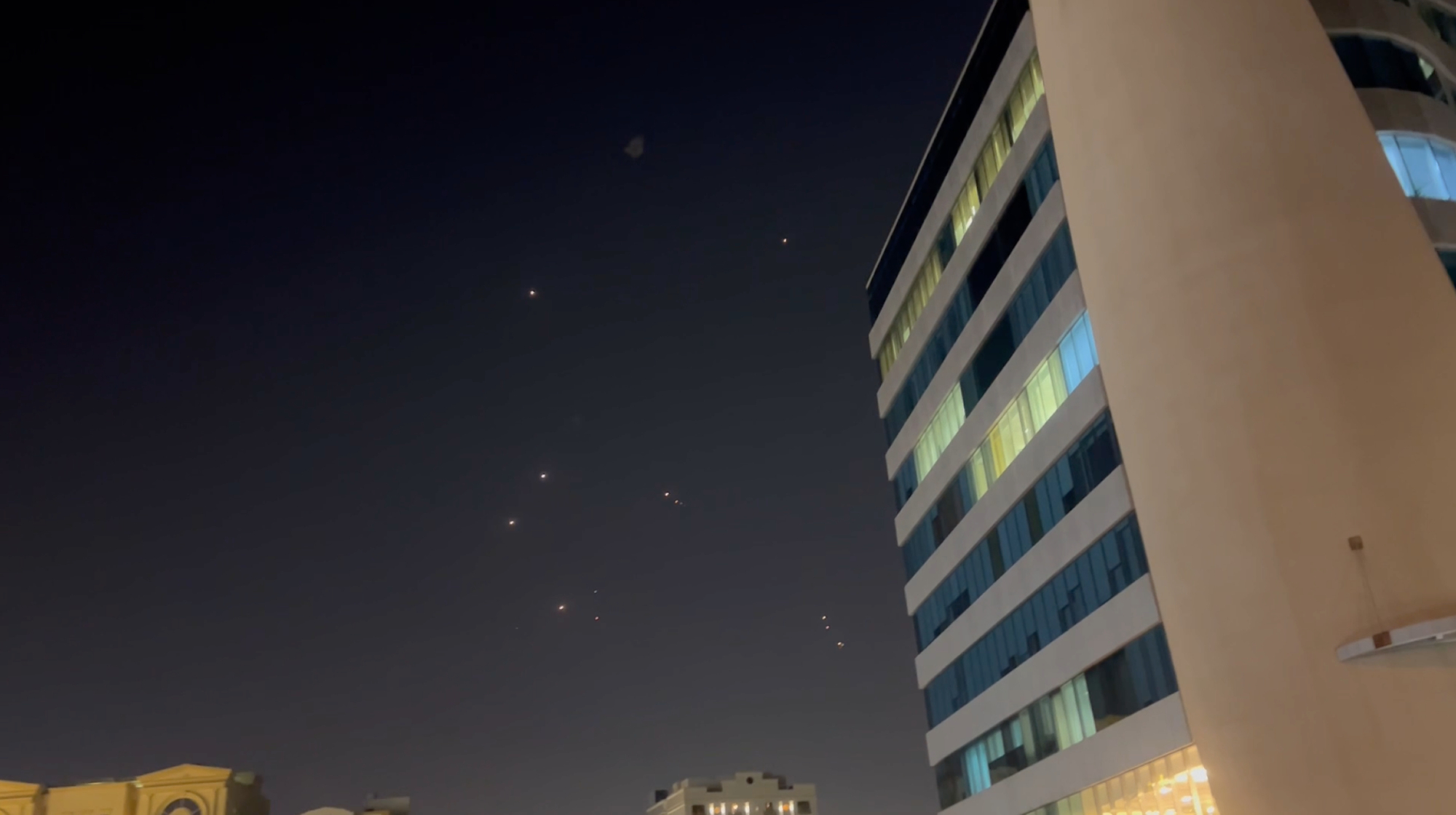Trump says Iran and Israel agreed to ceasefire
This followed a night of Israeli airstrikes on Tehran and multiple waves of missiles fired by Iran


A free daily email with the biggest news stories of the day – and the best features from TheWeek.com
You are now subscribed
Your newsletter sign-up was successful
What happened
Israel and Iran said Tuesday morning they had agreed to a ceasefire announced by President Donald Trump late Monday, though Israel accused Tehran of immediately violating the deal. Trump proclaimed an end to "what should be called the 12-day war" after Iran had fired missiles at a U.S. base in Qatar, causing no reported casualties. Tuesday's uncertain detente followed a night of intense Israeli airstrikes on Tehran and then at least six waves of missiles fired by Iran at Israel, including after the ceasefire was scheduled to take effect.
Who said what
The Iranian attack on Al Udeid Air Base, the largest U.S. military outpost in the Middle East, showed that Tehran "needed to be seen striking back" for the U.S. bombing of nuclear sites but "in a way that allowed all sides an exit ramp," Iranian officials told The New York Times. Trump thanked Iran for providing "early notice" of its "very weak" attack.
Tehran had informed the U.S. via Qatar "when and what targets they intended to strike," then "sent another back-channel message" afterward saying they were done retaliating, Axios said, citing a White House official. Trump's team responded through Qatar that the U.S. would not respond to the attack on Al Udeid.
The Week
Escape your echo chamber. Get the facts behind the news, plus analysis from multiple perspectives.

Sign up for The Week's Free Newsletters
From our morning news briefing to a weekly Good News Newsletter, get the best of The Week delivered directly to your inbox.
From our morning news briefing to a weekly Good News Newsletter, get the best of The Week delivered directly to your inbox.
Trump announced the "complete and total ceasefire" on Truth Social Monday evening after speaking with Israeli Prime Minister Benjamin Netanyahu. Trump's post caught even some of his "own top administration officials by surprise," the Times said. Following Trump's post this morning that the ceasefire was "now in effect" and "please do not violate it," the Israeli government said it had "achieved all the goals" of its Iran campaign and would abide by the truce. Shortly after, Defense Minister Israel Katz said Iran had "completely violated" the ceasefire by firing yet another wave of missiles, a charge Tehran denied in a televised statement on state media.
What next?
World leaders "called for further de-escalation, even as the ceasefire appeared off to a shaky start," The Washington Post said. Iraq's army and a senior U.S. military official told The Associated Press Tuesday morning that drones had attacked several military bases in Iraq overnight, including some housing U.S. troops. No casualties were reported and no group has yet claimed responsibility.
A free daily email with the biggest news stories of the day – and the best features from TheWeek.com
Rafi Schwartz has worked as a politics writer at The Week since 2022, where he covers elections, Congress and the White House. He was previously a contributing writer with Mic focusing largely on politics, a senior writer with Splinter News, a staff writer for Fusion's news lab, and the managing editor of Heeb Magazine, a Jewish life and culture publication. Rafi's work has appeared in Rolling Stone, GOOD and The Forward, among others.
